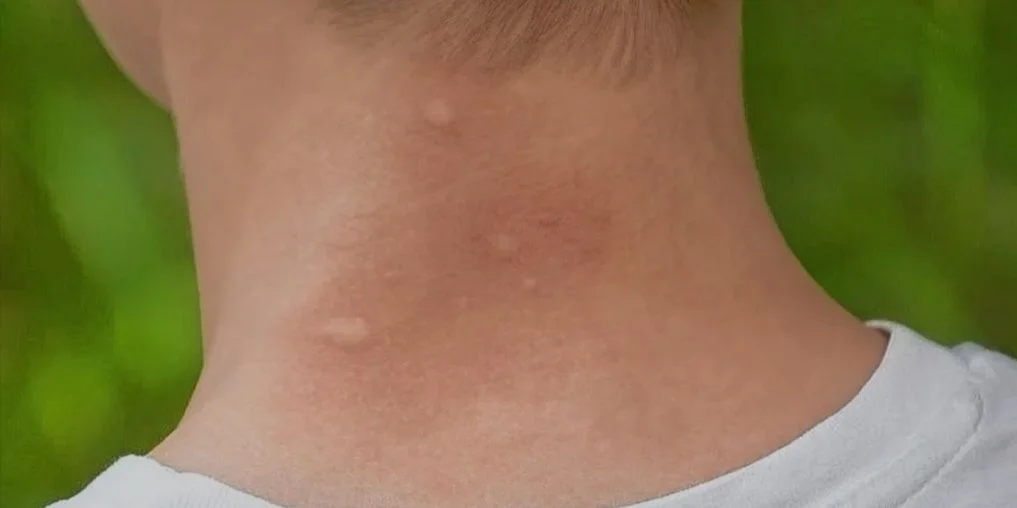MIAMI, United States. – The proliferation of midges in tourist destinations in Cuba, especially in coastal areas, began to generate complaints from tourists, especially Russians, one of the national groups that travel the most to the Island for recreation.
The most widespread case started from a Telegram channel in Russiawhere tourist Liudmila, a Moscow resident, shared photographs of the welts caused by the bites and reported her experience: “Tourists cannot rest in Varadero because of the local gnats.” According to his testimony, “they are more ferocious than Cuban mosquitoes… Their bites are not felt, but the subsequent blisters do not give you any rest.”
Despite taking antihistamines brought from her country, Liudmila found no relief. The hotel staff limited themselves to recommending a local ointment without further details, while the Russian media SHOT ironized with remedies such as aloe gels, tea tree oil and even rum. Other Russian media, such as Rat Newsreported that the Russian Tourism Union requested clarifications from the Tourism Counselor of the Cuban Embassy in Moscow, Cristina León. This minimized the problem by ensuring that midges “live in tropical countries and do not represent any danger,” and noted that their presence decreases in the less hot months.
Reactions among operators in the sector are disparate. Lada Popelo, tourism director of the Russian Caribbean Club, stated that there is a Cuban state program to treat the problem, and that the real risk arises only with severe allergies. However, he warned that the usual repellents do not protect against gnats and advised wearing “closed clothing for a walk after sunset.”
For his part, Alexan Mkrtchyan, general director of the Pink Elephant agency network, downplayed the issue and stressed that the complaints stem from a single case: “Now about 8-10,000 Russians are resting in Cuba… It is clear that there is only one case.” allergic reaction.”
However, none of these media mentioned that gnats can transmit Oropouche feverdisease out of control on the islandjust like dengue. This situation led the Government of Canada, the main source market for tourists to Cuba, to publish travel alerts and recommend extreme precautionsuse repellents, mosquito nets and appropriate clothing.
The crisis is aggravated by the already known deterioration of living conditions in Cuba. For years, the midge – common in coastal areas and mangroves – has spread to different regions, a phenomenon reported in 2021 by the official newspaper Escambray in provinces such as Sancti Spíritus, where residents reported that these insects “make it almost impossible to stay in open places at dusk.”
















